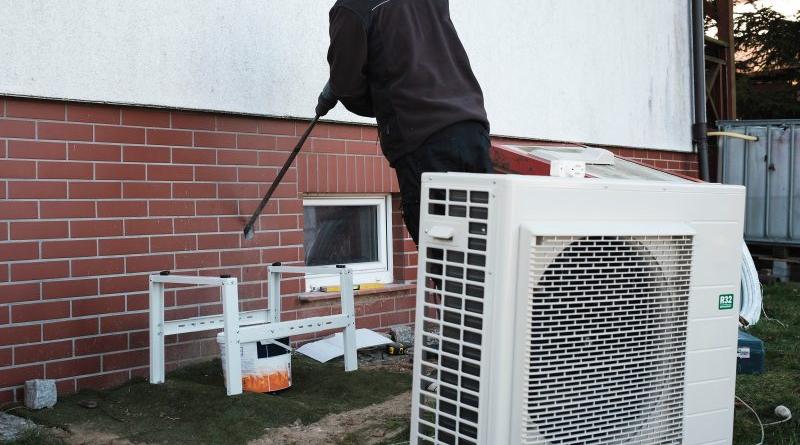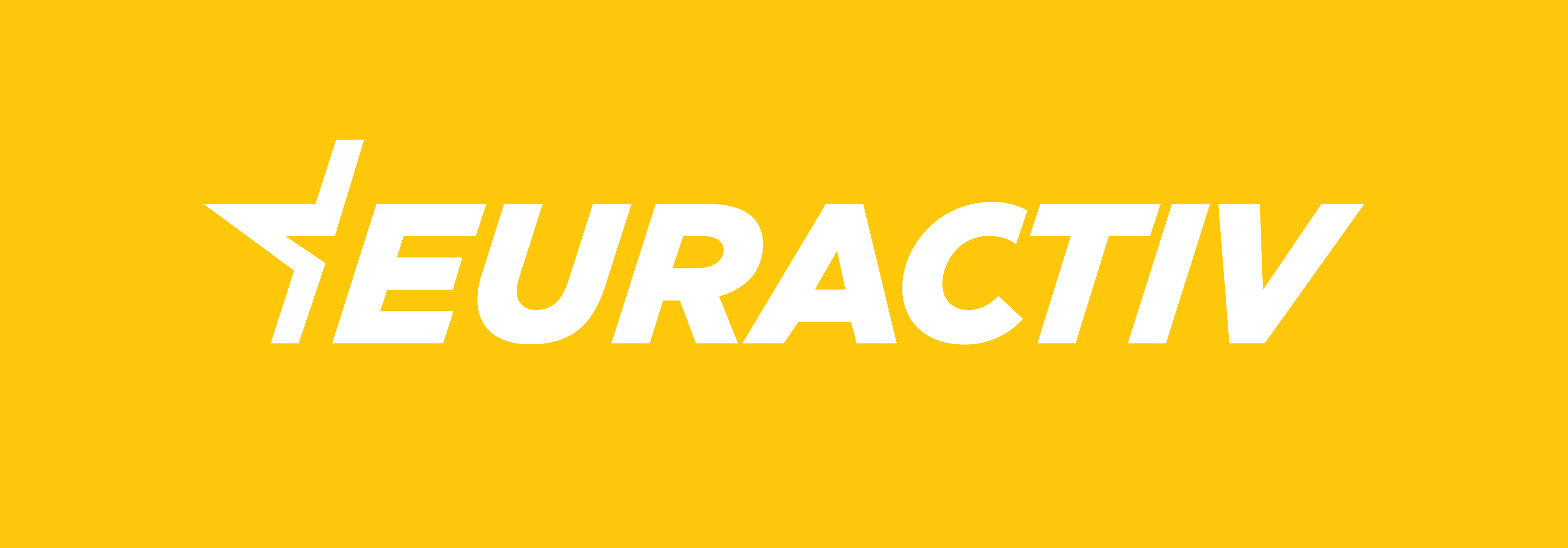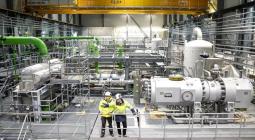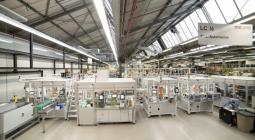500,000 missing workers: Heat pump industry looks to attract more women

This article is part of our special report Heat pumps: Gearing up for the boom years.
Heat pumps are slated to transform Europe’s heating sector, a process that has laid bare a skilled workers gap that industry and governments want to fill by boosting female participation in the workforce.
Decarbonising the heating sector, and reducing the bloc’s reliance on imported fossil fuels, will require replacing millions of fossil heating systems by heat pumps, but a worker shortage threatens to scupper the process.
“Finding enough people to install and also obviously manufacture and sell heat pumps is an increasing challenge,” says Julie Beaufils, the secretary-general of EuropeOn, a trade association representing electrical system operators in buildings.
The European Heat Pump Association, a lobbying body, estimates that by 2030 some 500,000 skilled workers will be needed to match the heat pump roll-out targeted by EU governments.
“It’s all about intertwining skills policies and climate policies. You can’t reach climate ambition without having the right people to do the work to deliver,” says Beaufils, who stresses the need for “doers” to implement the green transition.
Regardless of heat pump production capacity, skilled installers are crucial to ensuring a smooth transition from fossil fuels to clean heating.
Beaufils herself estimates that around 70% of jobs in the heat pump industry will go to installers “because at the end of the day, each of the heat pumps that you produce, and that you sell, must be carefully installed by skilled technicians.”
In the UK, where the government began doling out generous subsidies to increase heat pump uptake, installation capacity – and misinformed installers – have been identified as a major roadblock.
In Germany, the lack of skilled technicians is a key argument against government plans to ban fossil fuel boilers. According to estimates, around 60,000 technicians would be needed for the sector alone.
The industry contends that the missing installers in Germany is a gap that can be easily filled. Installing a heat pump “is not rocket science” and the existing knowledge in companies, “the need for retraining professionals is not as dramatic as one might think,” says Helmut Bramann, CEO of the central installers’ association SHK.
Industry challenge
Perhaps the industry’s wider challenge is how male-dominated it is. Among clean tech industries, heat pumps come last with a 16% share of women in the workforce, while other sectors like batteries and hydrogen boast a female rate of at least 30%.
There are some industry initiatives in place to help tackle this: On 8 June, the industry gives a cash award as part of the “Women in Cooling” competition, where contenders were asked to submit best practices – with finalists ranging from Spain to Turkey.
The EU-funded coalition HP4ALL similarly seeks to boost female participation in apprenticeships.
Most large heat pump manufacturers have also implemented initiatives to boost installer numbers. The German company Viessmann trains 90,000 a year for all heating systems, and the share of heat pump trainings is expected to increase in the coming years.
Another German producer, Vaillant, offers one-day trainings in heat pumps.
Yet, given the systematic prevalence of men in the industry – few have encountered anything but a male heating professional – can the industry successfully induce more women to participate? Could cleaner heaters with less grime prove more popular?
Waiting for Brussels
The growing demand for skilled workers in the heat pump sector and other green tech industries has been noticed at the highest echelons of the European Commission in Brussels.
“I am proposing to make 2023 the European Year of Skills,” said Commission President Ursula von der Leyen during her annual address in September last year.
Almost halfway into 2023, the European Year of Skills has yet to truly manifest for the heat pump industry. While the industry has expressed big hopes, insiders say the project is still “work in progress”.
“What we are really looking forward to is a new initiative from the European Commission – the partnership on skills for heat pumps,” says Claire Grossmann, secretary-general of AREA, the European association of refrigeration, air conditioning and heat pump contractors. “We really hope that this will help.”
However, the industry itself appears sceptical. “We expect mostly events and celebrations here and there across Europe, which is good because we need to raise awareness,” said Beaufils from EuropeOn.
“But of course, we are calling for more profound change,” she added, saying the proof will be in the skills pact that the European Commission is expected to present for the sector.
In early September, Gdańsk will host the annual EuroSkills summit. Holding it in Poland, a hot spot for the budding heat pump industry, may be an apt location. By then, the industry hopes for a changed environment as it seeks to woo additional (female) workers and apprentices.
[Edited by Alice Taylor and Frédéric Simon]
cover photo:The heat pump industry is facing a gap of 500,000 skilled workers. Could boosting women's participation in the workforce help address it? [Shutterstock/Dziurek]






